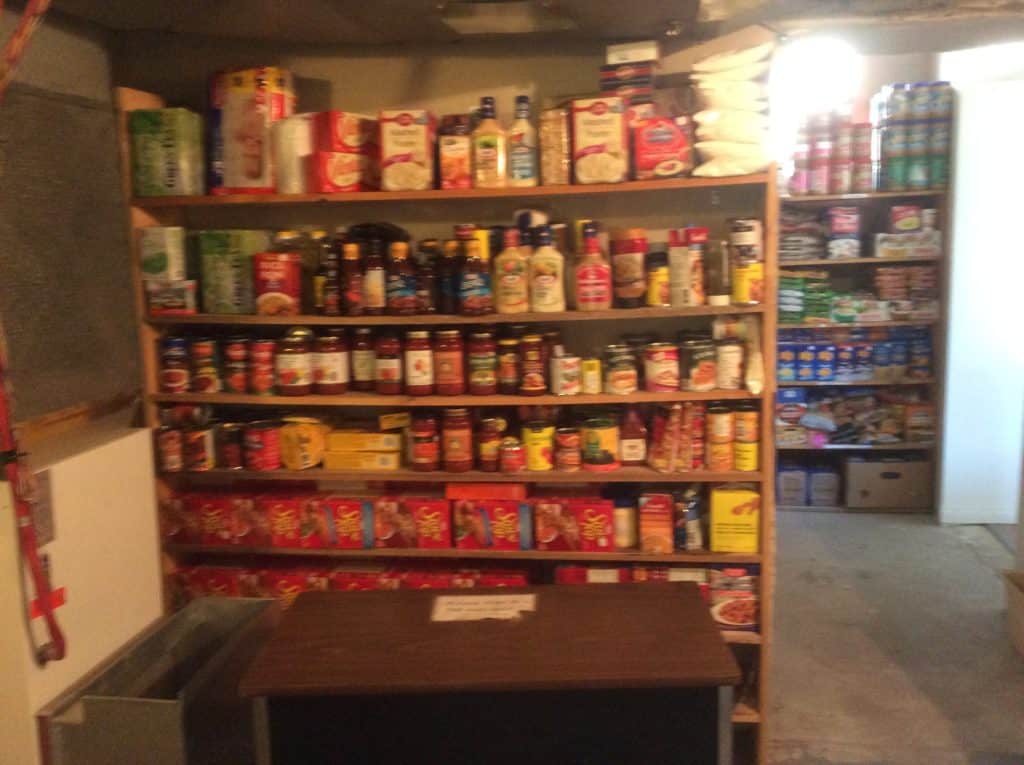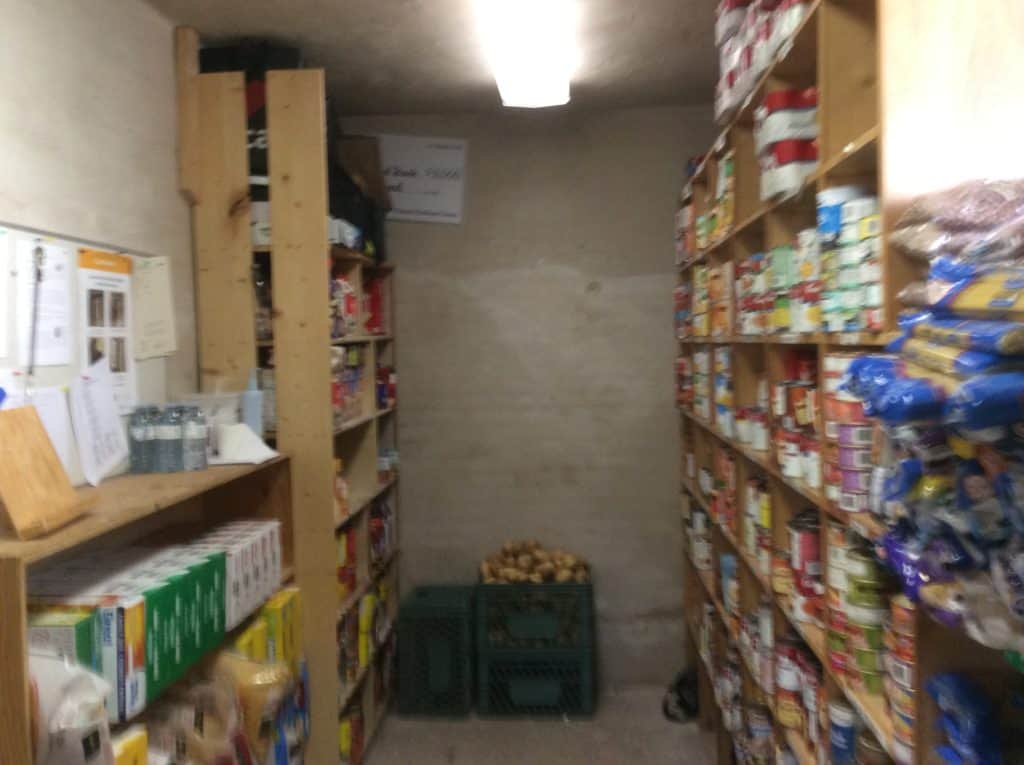The Rhineland Food Bank in Altona, Manitoba, is moving to a new location.
As demand for their services has grown within the community, the food bank has outgrown its small space. Board Chair Angelika Stoesz says they’re excited for the move.
“Next year is going to be really exciting. We’re moving to a new space nearby so that we can have more shelving to store food and extra space inside for people to line up if needed. At our current location, we’ve had people lining up outside which isn’t as nice to do in the winter,” she explains.
“We are grateful for all donations, but we want to make sure that all donations can be used. Sometimes expired food items are donated and unfortunately, we can’t use them, so we make sure to let people know ahead of time to check the expiry dates before donating,” she explains.
Always a Need
Until then, and as the pandemic continues and food costs rise, Angelika says the need for food never goes away.
“The holidays are always a very busy time for fundraisers and food drives and we’re so thankful for all the donations that come in. But there’s always a need after the holiday season as well,” she says.

The food bank serves dozens of families and individuals in the area, and they make sure that everyone gets food that they like.
“We try to make sure that people receive food items that they will eat. It doesn’t make sense to give someone tomato soup if they don’t like tomato soup,” Angelika says.

A Group Effort
Food drives are organized by youth from the community, which helps fill the shelves at the food bank.
That’s a big volunteer effort on its own, but Angelika says the food bank itself is also run completely by volunteers.
“Our food bank started in 1997 after the Flood of the Century. The flood forced many people out of their homes and that’s when the Red Cross came in to help. We had already formed a committee about possibly starting a food bank, and when the flood was over and the Red Cross left, they gave us all the surplus supplies so we could start the food bank,” she explains.
Tips for Giving Back
Angelika says the community always steps up to help so the food bank can continue to serve those in need, but there are a few things the bank is always looking for.
“There’s a top-ten list of things that are always accepted by food banks. Those items are pasta, pasta sauce, cereal, canned meat and fish, canned fruit, canned beans, canned vegetables, canned soups and stews, and other non-perishable items,” she says.
When an organization wants to run a food drive for the food bank, they try to put out some educational messaging about what’s needed.
“We are grateful for all donations, but we want to make sure that all donations can be used. Sometimes expired food items are donated and unfortunately, we can’t use them, so we make sure to let people know ahead of time to check the expiry dates before donating,” she explains.
When it comes to monetary donations, those are always accepted as well.
“We get a discount at grocery stores because we can buy food items in bulk. This really helps when we run out of something or need to restock the shelves,” Angelika says.To make a donation and to follow along as the Rhineland Food Bank expands, you can find them on Facebook by clicking here.